Optimal Timing for Concrete Installations
Concrete installations require careful consideration of weather conditions to ensure durability and quality. The optimal time for concrete work typically depends on temperature, humidity, and seasonal climate patterns. Proper timing minimizes risks such as cracking, uneven curing, and delays.
Concrete sets best when daytime temperatures are between 50 and 85 degrees Fahrenheit. Extreme cold or heat can adversely affect curing and strength development.
Spring and early fall usually provide favorable conditions for concrete installation, avoiding the risks associated with winter cold and summer heat.
Monitoring weather forecasts helps plan concrete work during periods of stable, mild weather, reducing the likelihood of weather-related issues.
Allowing adequate curing time during suitable weather conditions ensures maximum strength and longevity of the concrete.
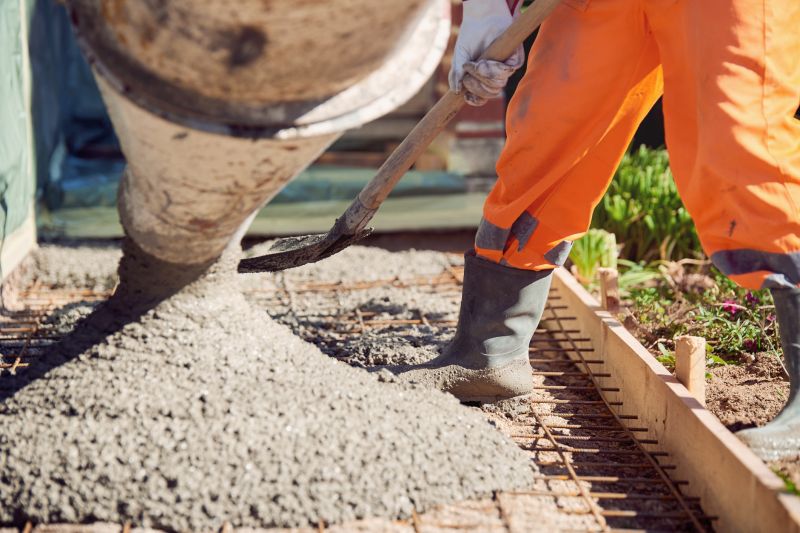
A crew pouring concrete during optimal temperatures ensures proper setting and curing.
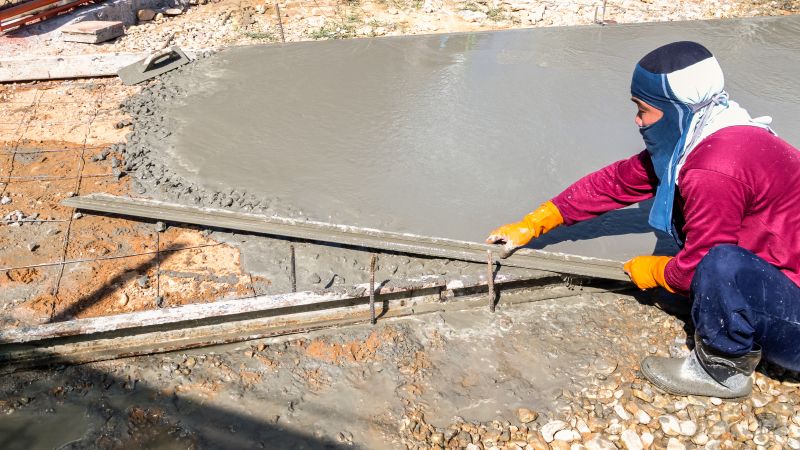
Scheduling during spring or fall reduces weather-related risks.
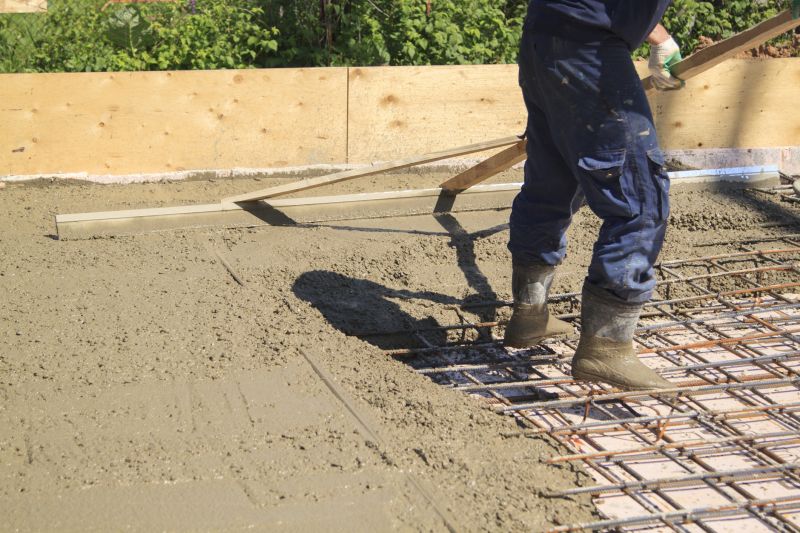
Using weather tools to plan concrete projects.
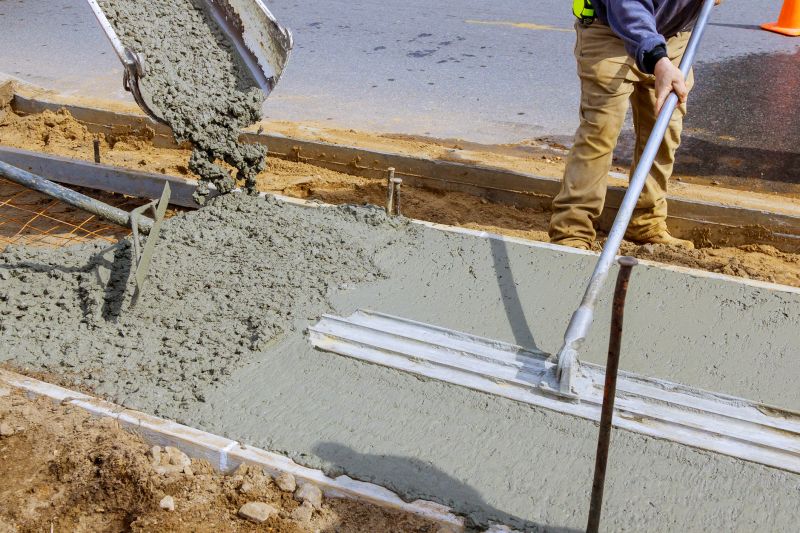
Ways to make Concrete Installations work in tight or awkward layouts.
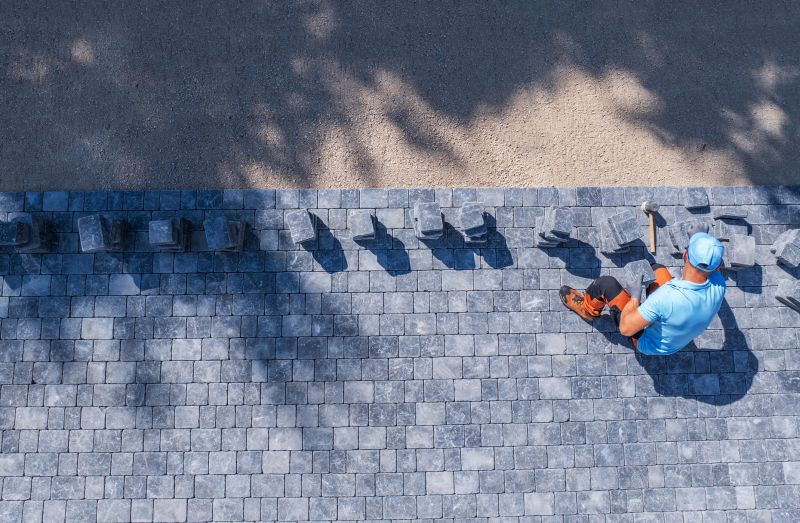
Popular materials for Concrete Installations and why they hold up over time.
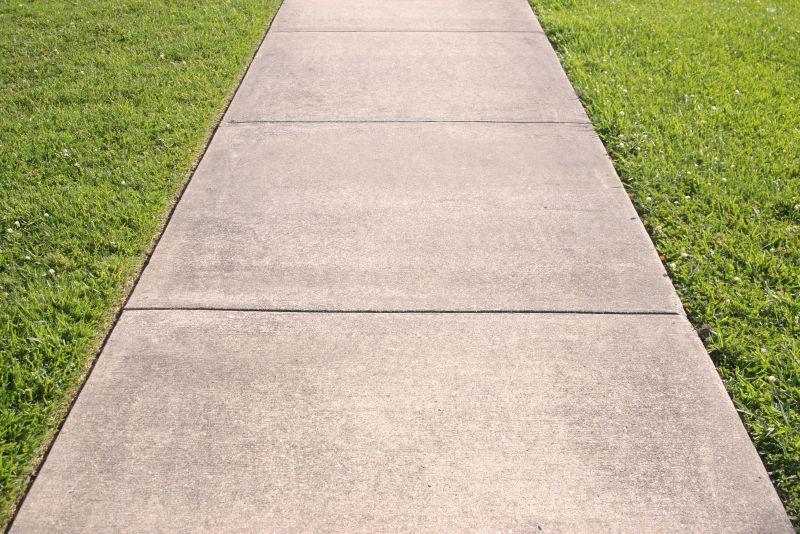
Simple add-ons that improve Concrete Installations without blowing the budget.
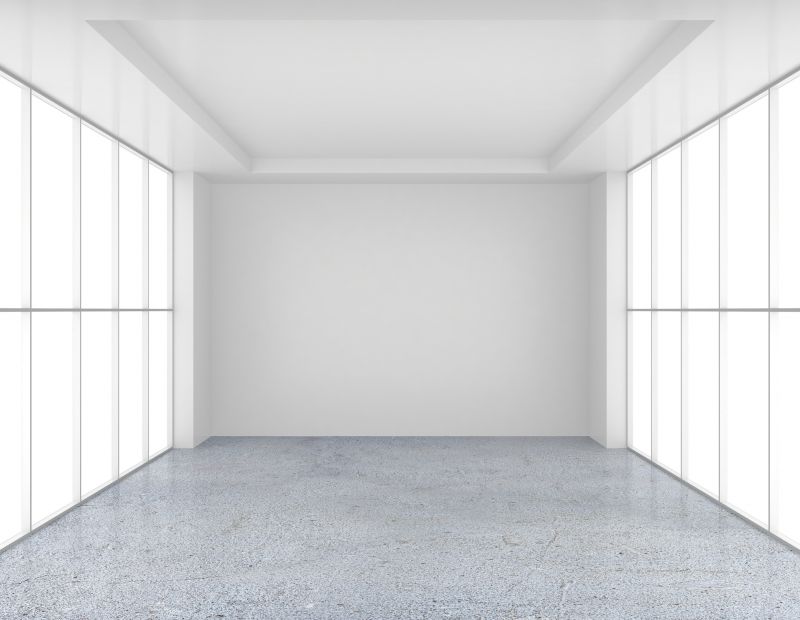
High-end options that actually feel worth it for Concrete Installations.
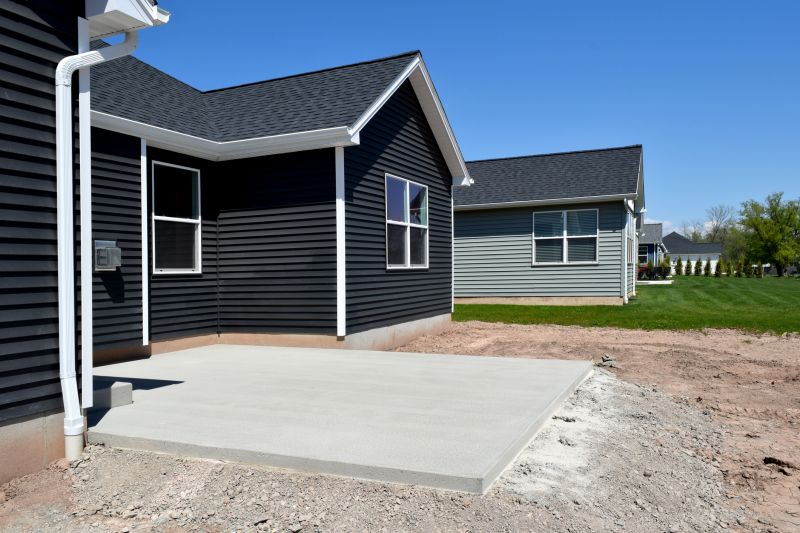
Finishes and colors that play nicely with Concrete Installations.
| Season | Advantages |
|---|---|
| Spring | Moderate temperatures and lower humidity reduce curing issues. |
| Summer | Longer daylight hours for flexible scheduling, but avoid peak heat. |
| Fall | Cooler weather with less rain, ideal for curing. |
| Winter | Generally not recommended due to cold temperatures and freeze-thaw risks. |
Concrete installations are a critical component in construction projects, providing durable surfaces for driveways, sidewalks, foundations, and more. Proper timing enhances the quality and lifespan of the finished work. Factors such as temperature, humidity, and weather stability influence the curing process and final strength of concrete. In regions like Crossville, TN, understanding seasonal patterns helps optimize project schedules, ensuring concrete is poured during periods that promote optimal curing and minimize potential issues.
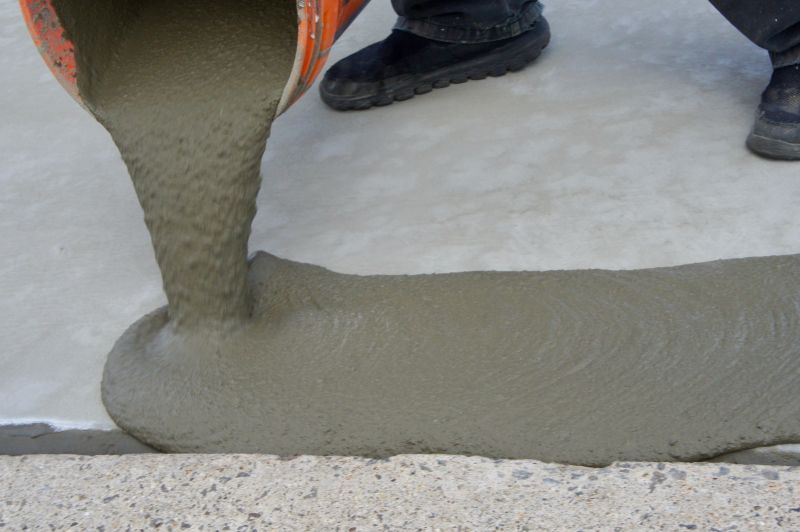
Spring offers favorable weather for concrete installation.
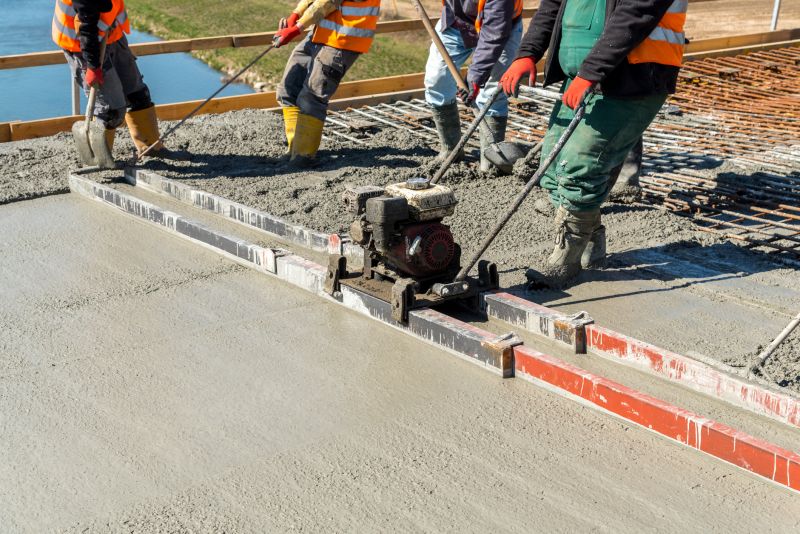
Summer requires precautions against high temperatures.

Fall provides cooler, stable conditions for curing.
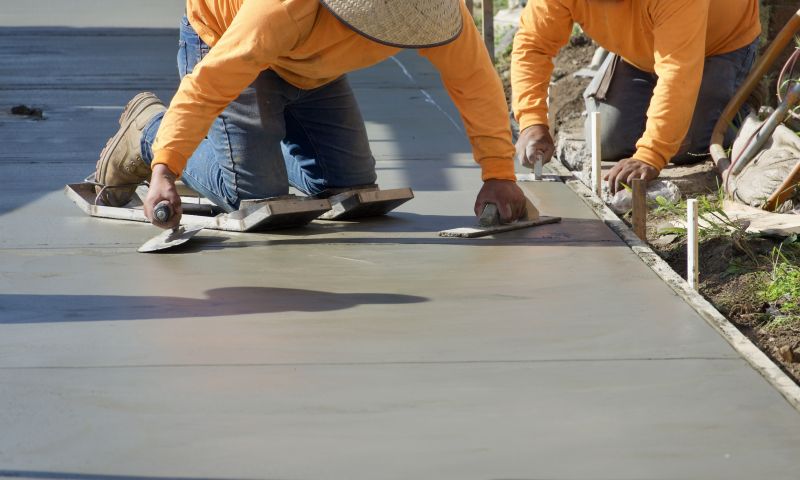
Cold weather can hinder proper curing and strength development.
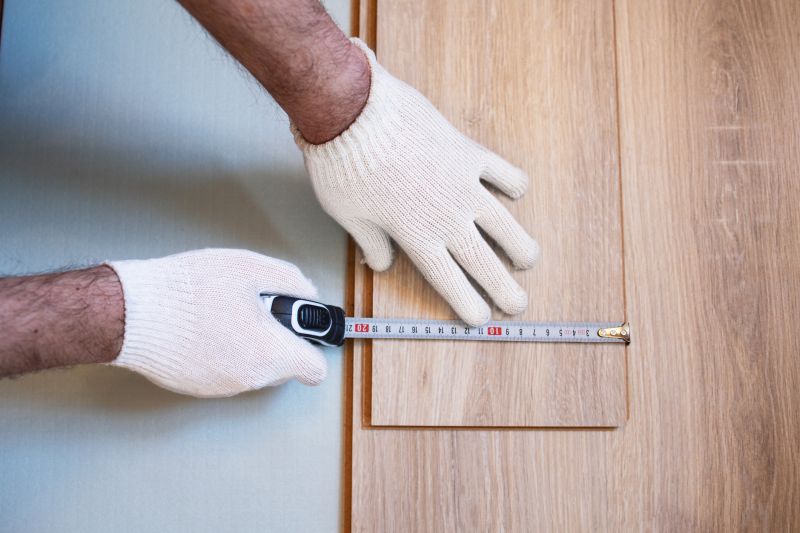
Little measurements that prevent headaches on Concrete Installations day.
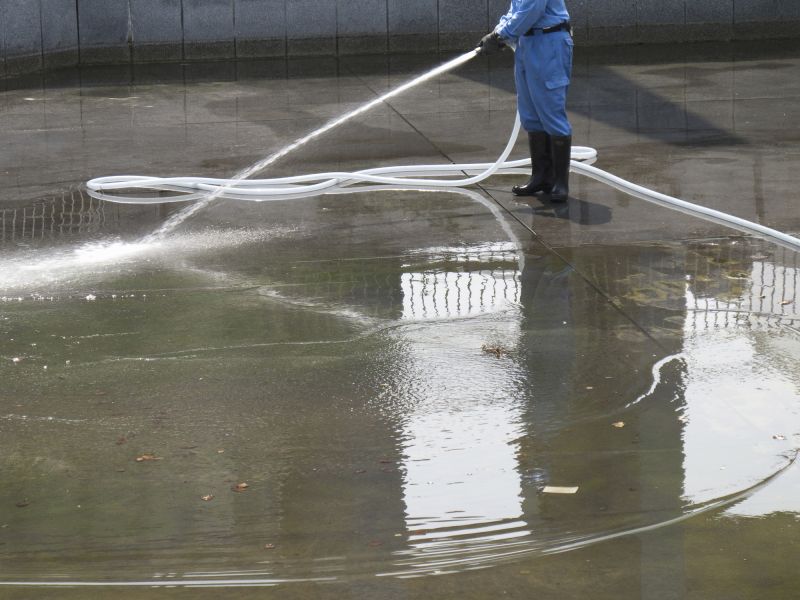
A 60-second routine that keeps Concrete Installations looking new.
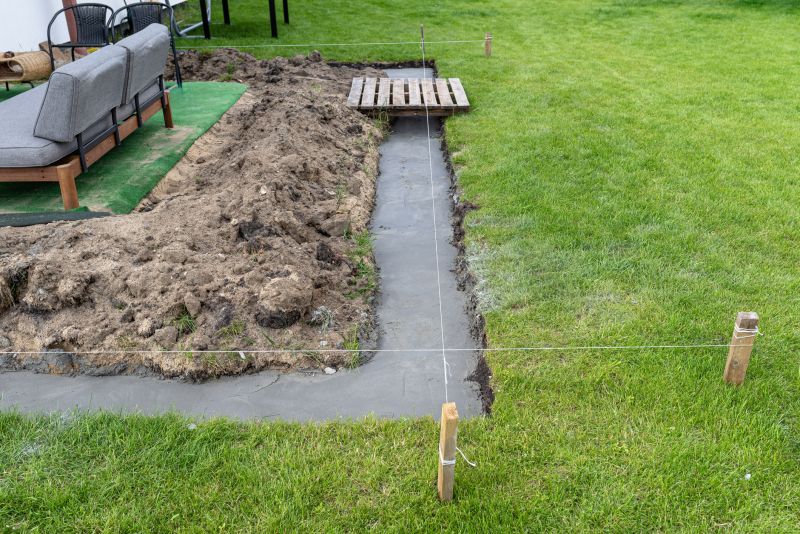
A frequent mistake in Concrete Installations and how to dodge it.
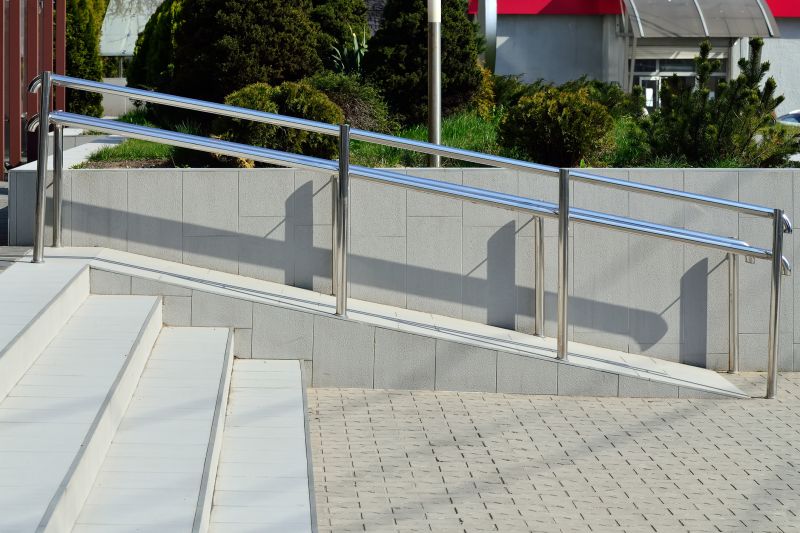
Small tweaks to make Concrete Installations safer and easier to use.
For those planning concrete projects in Crossville, TN, selecting the right time ensures a durable and high-quality result. Proper scheduling, weather monitoring, and understanding seasonal impacts are essential to successful concrete installations. Interested parties are encouraged to contact for more information or to discuss project timelines.
